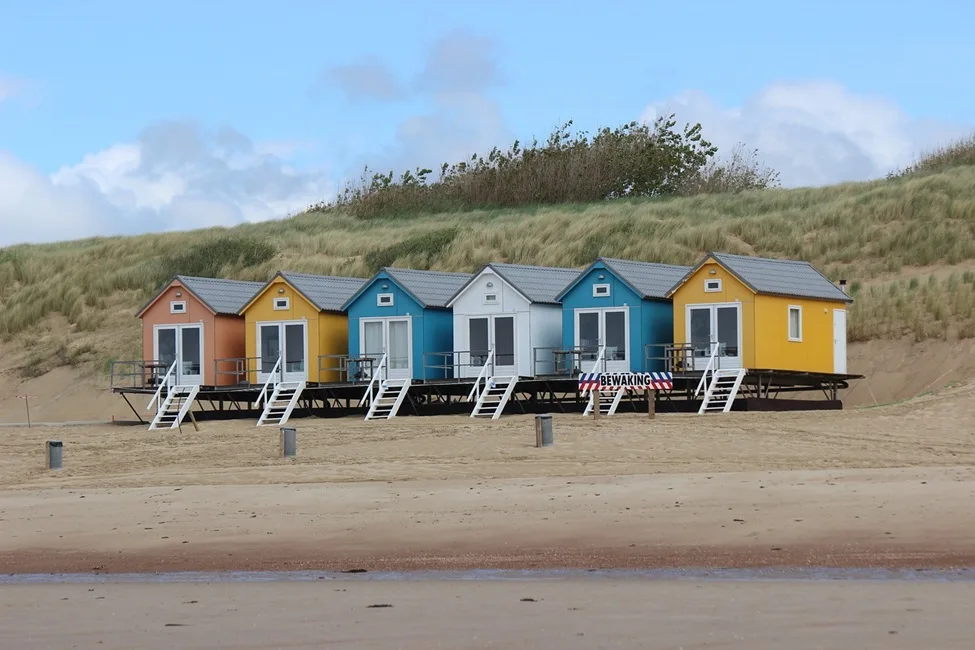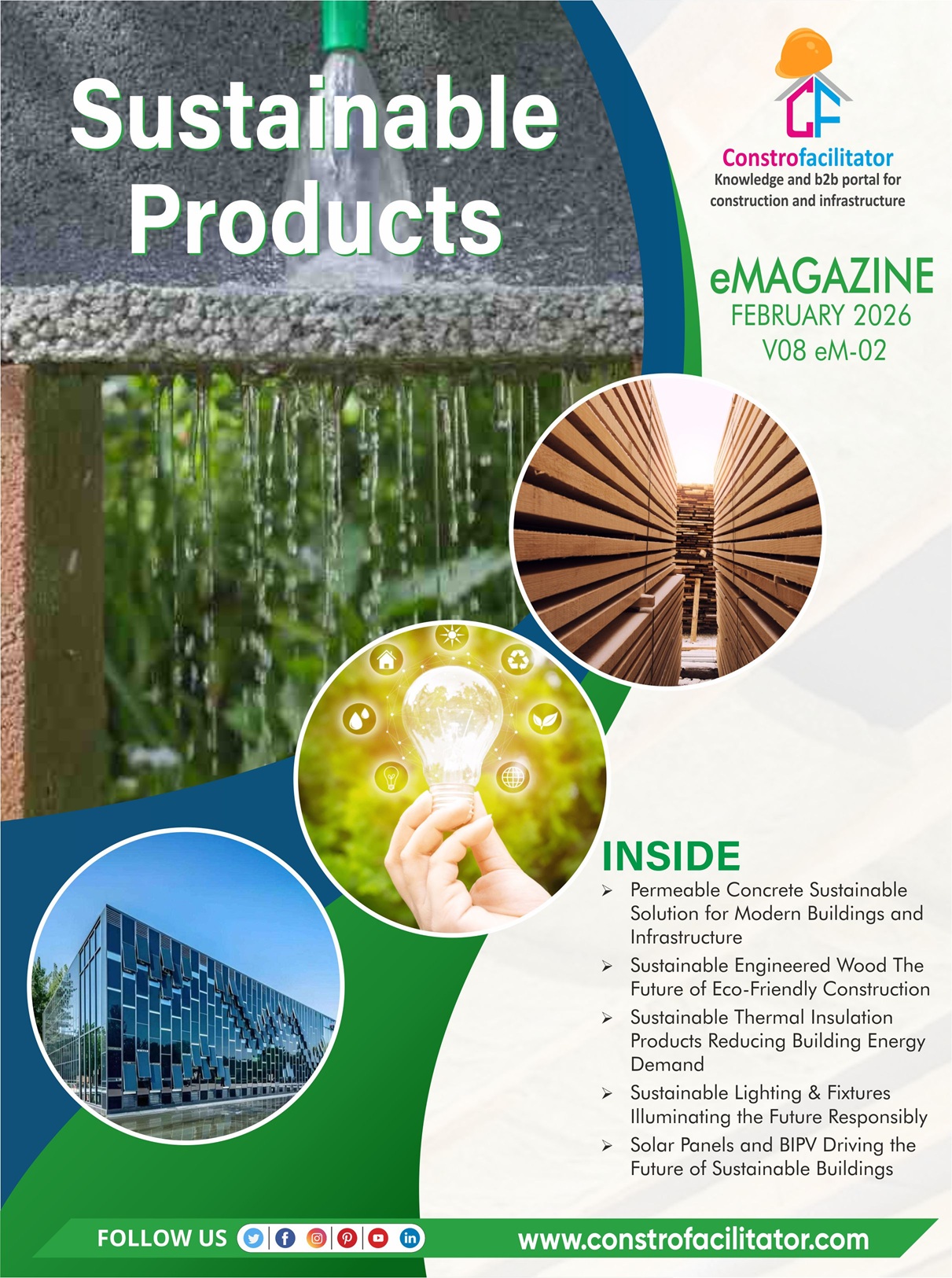Most people dream of having to live in a home near the beach, and the easy access to saltwater and the sandy shores can be a haven for some. However, the sea can also pose various challenges because it acts as a natural element that can constantly expose your home to torrential deluges, salt, air, and severe storms. See info about severe weather on this page here.
With the beauty of living in the coastal area, there also comes the issue of how you can maintain your roof. One of the primary culprits that you should watch out for is saltwater because as the ocean begins to spray tiny particles through the air, they are going to settle in your home exterior over time. The build-up alone can lead to faster deterioration and corrosion of metal panels and shingles.
Coastal regions are also going to experience higher humidity levels compared to inland areas, and this can result in the growth of mold, moss, and algae, which can all cause structural issues. These fungal infestations not only compromise the aesthetic appeal but can also weaken the integrity of your roof, and this is where repairs should be a must.
Also, note that constant exposure to the winds near the ocean can accelerate the wear and tear on certain materials, which can reduce their lifespan significantly. Some of the components, like the seals and flashings can deteriorate quickly because there’s an increase in moisture absorption.
Best Types of Materials for Your Home Near the Coasts
In the US, the more popular materials are often in the form of composite and asphalt, and this is understandable because they are affordable. However, they may often be a good choice when the weather is always fair and may not last very long if they are near the coastal areas of Virginia Beach. Some of the materials that can withstand the seas are the following:
1. Clay Tiles
They are often present in architectures that are Mediterranean-inspired, and they are preferred because of their aesthetic appearances. They are practical and resistant to fires, as well as can weather the effects of sea air. More about clay on this page: https://www.sciencelearn.org.nz/resources/1771-what-is-clay.
However, they are very heavy, and some homes may not be able to support them structurally. They are also very expensive, but considering their lifespan of over 50 years, they are often worth it.
2. Copper
It’s a material that’s installed in the form of larger sheets, and they start as shiny red colors, but they will develop a greenish patina over time. They are resistant to corrosion, but they may need some extra maintenance and care. They are often going to have a more old-world feel, and they are perfect for beach mansions.
However, it’s a very soft metal, which means that it’s susceptible to dents and scratches when it’s hit by debris or hail during a storm. It’s also one of the high-end types, so you should expect that it’s expensive and is often found in more opulent structures.
3. Metal Roof
Steel is a very popular material, especially in beach homes. The colors can be changed and painted with a different hue, and the galvanized ones can be great for your home. They naturally reflect the heat instead of absorbing it and this is going to make the home cooler. If they start to corrode, you can always call the professionals for a new roof replacement, especially if you think that the metal has reached its lifespan. They are also a big advantage to sunny and hot climates.
Choosing the Right Roofing Material for Coastal Areas

A challenge that many homeowners face is the constant exposure to the salty air and water that can cause rapid deterioration if they are not careful. Selecting the right materials that will have a longer lifespan can prevent headaches in the long run.
There are also wood shakes and shingles that are eco-friendly alternatives. Specifically, the Western red cedar can be ideal for coastal homes, as well as the combination of shingles. They are thinner, and although many see wood as a weaker material, they are often durable. During a storm, they can resist high-velocity winds, and when they are pre-treated, they can last up to 40 years.
Thatched ones made from grasses and dried reeds can last longer, and they are often great for beach huts and other tropical areas. They are also excellent for outdoor pavilions, and they add practical value that’s unmatched in appearance. Although they may seem weak, they are often lasting for about a thousand years due to their insulation features and ability. See info about thatching when you click this site.
Another suitable option for coastal homes is synthetic slate or tile roofing. These materials mimic the look of natural slate or ceramic tiles but offer better resistance against water absorption and mold growth. Synthetic options also tend to be more cost-effective than their natural counterparts while providing similar aesthetics.
Benefits of Hiring a Professional Roofing Company in Virginia Beach
1. Expertise: Professional roofing companies have extensive knowledge and experience in dealing with coastal weather conditions, including the impact of saltwater and humidity on roofs. They understand the unique challenges that homeowners face near the ocean and can provide tailored solutions.
2. Quality Materials: A reputable roofing company will use high-quality materials that are specifically designed to withstand harsh coastal environments. This ensures that your roof is built to last and can effectively protect your home from moisture damage.
3. Proper Installation: One of the main reasons why roofs fail prematurely is due to improper installation. By hiring professionals, you can be confident that your roof will be installed correctly, minimizing the risk of leaks or other structural issues down the line.
4. Safety: Roofing work can be dangerous, especially in coastal areas, where strong winds and slippery surfaces are common. Professional roofing companies have trained personnel who prioritize safety measures during every step of the process.
5. Warranty Coverage: Many professional roofing companies offer warranties on their workmanship, as well as on selected materials used for installation or repairs. This provides peace of mind knowing that any potential issues will be addressed promptly at no additional cost to you.





